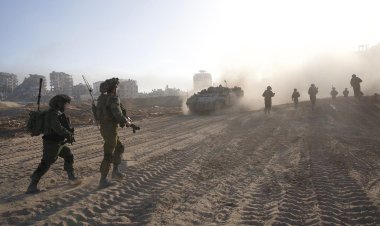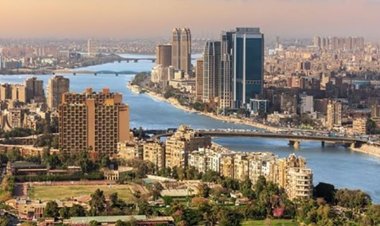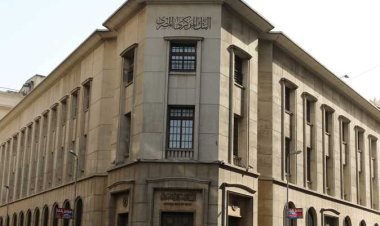16 information of former Pakistani President Pervez Musharraf
Former Pakistani President Pervez Musharraf died after a long illness in a Dubai hospital.
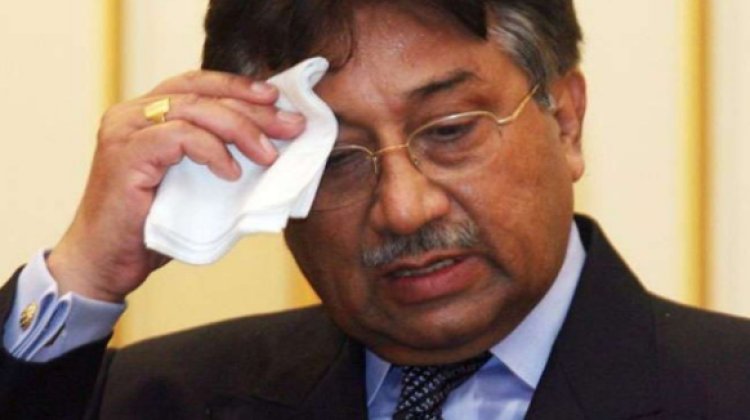
General Pervez Musharraf, the former Pakistani president who seized power in a 1999 coup, has died after a long illness at the age of 79.
Musharraf spent years in self-imposed exile abroad, died in a Dubai hospital.
Who is Pervez Musharraf?
• Musharraf was born in the current Indian capital, New Delhi, in 1943.
• He was four years old when his parents joined the mass exodus of Muslims to the newly created post-partition state of Pakistan.
• His father served in the State Department, while his mother was a teacher, and the family subscribed to moderate and tolerant Islam.
• Musharraf joined the army at the age of 18, and commanded a special commando unit before being promoted to become its commander.
• After overthrowing the democratically elected government of Nawaz Sharif, Musharraf oversaw rapid economic growth and attempted to introduce social liberal values during more than a decade in power.
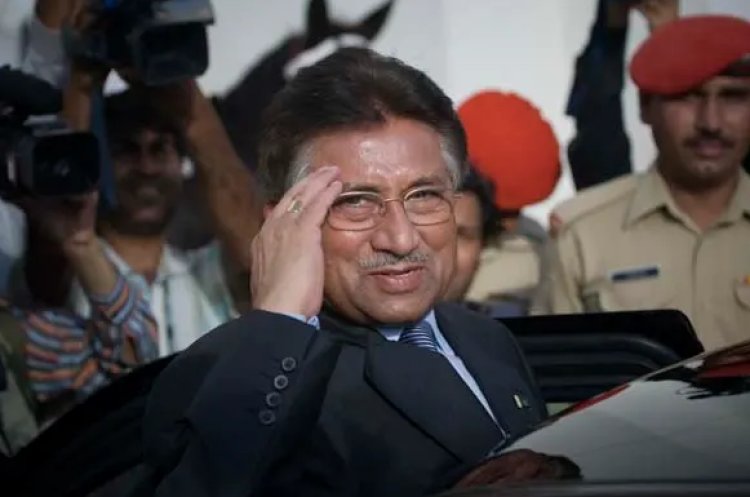
• He faced criticism for his authoritarian methods and violent use of the military to crush dissent, but ultimately it was his continued support for the United States in its fight against al-Qaeda and the Afghan Taliban that contributed to his downfall.
• His tenure was also notorious for its attempts to normalize relations with neighboring and rival India.
• Three years after leading the country's military against India in the 2002 Kargil War, Musharraf shocked the world when, finishing a speech, he suddenly moved towards then Indian Prime Minister Atal Bihari Vajpayee to shake his hand and offer to start peace talks.
• In 2006, he ordered military action in Balochistan that killed a chief and laid the foundation for an armed rebellion in the province.
• In 2007, more than a hundred students who demanded the imposition of Islamic law were killed after Musharraf ordered troops into a mosque in Islamabad.
• The incident gave birth to the Pakistani Taliban, who have since killed tens of thousands in suicide bombings.
• In the same year he tried to strengthen the judiciary, thus marking the beginning of the Lawyers' Movement - also known as the Re-Judicial Movement. Musharraf then postponed elections and declared a state of emergency.
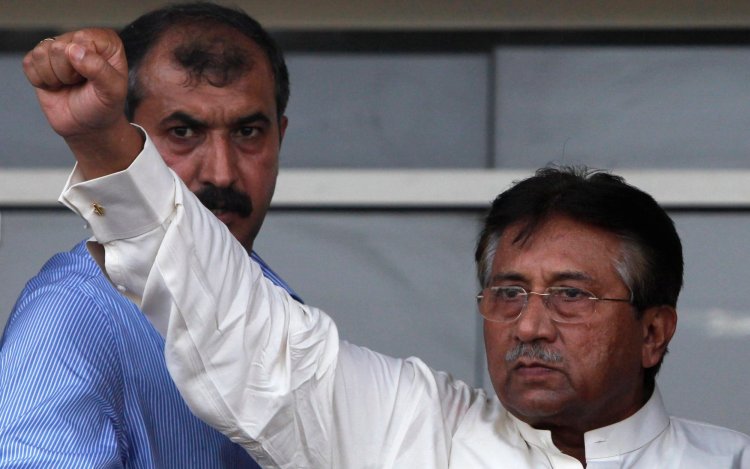
• In 2008, Musharraf's party lost the country's first democratic elections in 11 years and faced possible impeachment by Parliament.
• He resigned as president in 2008 and fled to London, only returning to Pakistan in 2013 to run for a seat in Parliament.
• However, the former military leader was immediately disqualified.
• He was allowed to leave for Dubai in 2016.


 Shrouq
Shrouq 







